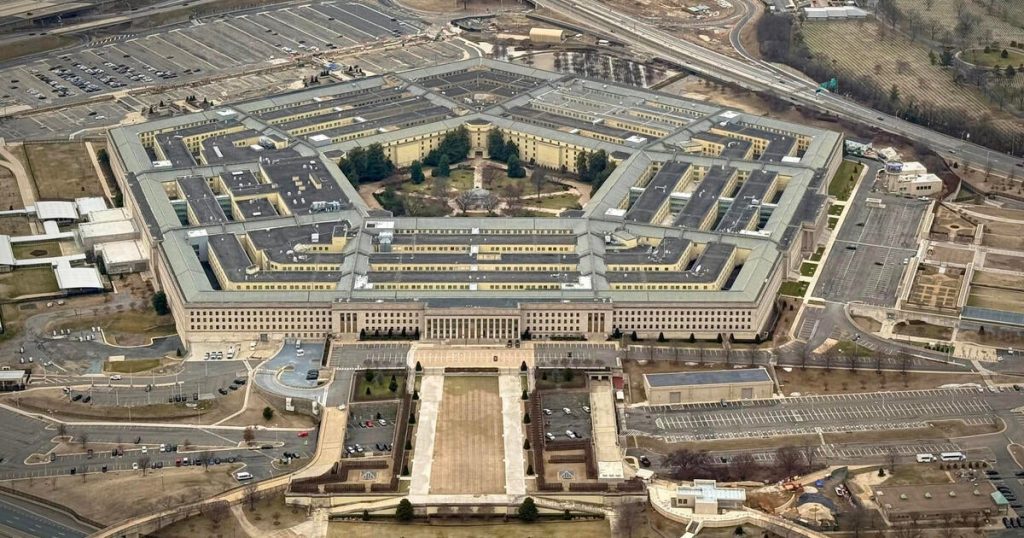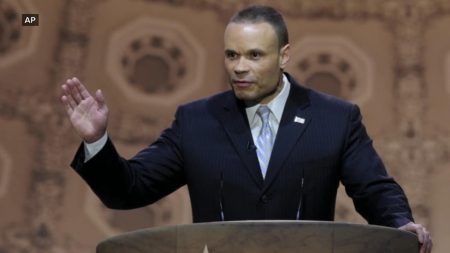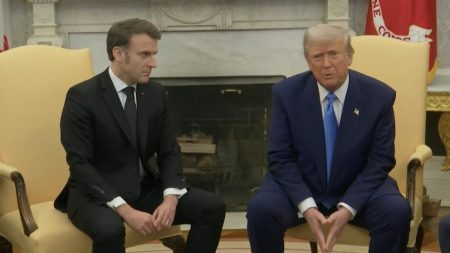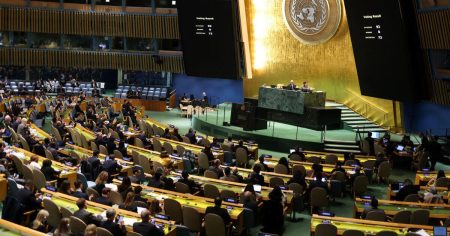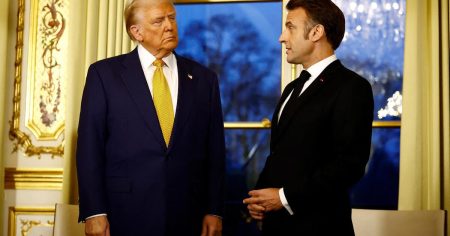Department of Government Efficiency Launches Cost-Cutting Initiative with Pentagon
In a significant step toward improving federal government efficiency, representatives from the Department of Government Efficiency (DOGE) visited the Pentagon on Friday for meetings with defense officials. This marked the beginning of a new project aimed at reducing costs and eliminating waste, fraud, and abuse within the federal government. The collaboration was announced on DOGE’s X account, which expressed enthusiasm about the partnership: "Great kickoff with @DeptofDefense. Looking forward to working together to safely save taxpayer dollars and eliminate waste, fraud and abuse." While two defense officials confirmed the meeting, the Defense Department declined to provide specifics about who attended.
Defense Secretary Pete Hegseth expressed optimism about the partnership, stating, "We welcome DOGE to the Pentagon, and I hope to welcome Elon to the Pentagon very soon and his team, working in collaboration with us." Hegseth emphasized the need to address inefficiencies within the department, noting that waste, redundancies, and excessive headcounts at headquarters require immediate attention. The secretary’s comments highlight the importance of streamlining operations to ensure that resources are better allocated to support warfighters and the American people.
The Scale of the Defense Department’s Budget and Spending
The Defense Department operates with an annual budget exceeding $800 billion, making it one of the largest government agencies in terms of funding and personnel. With more than 3 million individuals on its payroll, including both civilian employees and military service members, the department represents a significant portion of federal spending. According to the nonpartisan Peter G. Peterson Foundation, defense spending accounts for nearly half (47%) of all discretionary spending in the U.S. for 2024. Furthermore, the U.S. spends more on defense than the next nine countries combined, underscoring the immense scale of its military budget.
The sheer size of the budget makes it a prime target for cost-cutting efforts. As Hegseth noted, identifying areas for savings within the Defense Department could free up billions of dollars, which could then be redirected to support warfighters and critical missions. While the secretary mentioned that climate programs might be one area to consider for cuts, he did not specify other potential targets. This leaves room for speculation about which parts of the budget could face reductions, though it is clear that the initiative aims to prioritize efficiency without compromising national security or operational capabilities.
Elon Musk’s Role and Potential Conflicts of Interest
Elon Musk, the billionaire CEO of companies like SpaceX, Starlink, and Tesla, has been closely associated with the cost-cutting effort through his role as a special adviser to President Trump. Musk’s companies have significant ties to the federal government, with an estimated $22 billion in U.S. contracts, $15 billion of which come from NASA alone. However, the exact scope of Musk’s defense contracts remains unclear due to the classified nature of many of these agreements.
This has raised concerns about potential conflicts of interest, particularly given Musk’s direct involvement in shaping cost-cutting measures. Critics argue that Musk’s dual role as a government adviser and a major contractor could create undue influence or favoritism toward his own companies. These concerns have been brought to the forefront in a lawsuit filed by several Democratic state attorneys general, who are challenging Musk’s appointment and his access to sensitive data across multiple government departments.
The Trump Administration’s Defense of Musk’s Appointment
In response to the legal challenges, the Trump administration has clarified Musk’s role within the government. According to a court filing by Joshua Fisher, the White House director of the Office of Administration, Musk is not an employee of DOGE but serves as a special adviser to the president, similar to Anita Dunn’s role in the Biden administration. The administration has emphasized that Musk’s involvement is advisory in nature and does not grant him unchecked authority over federal operations.
Despite these assurances, the lawsuit alleges that President Trump has delegated "virtually unchecked authority to Mr. Musk without proper legal authorization from Congress." This has sparked debates about the limits of executive power and the transparency of decision-making processes in such high-stakes initiatives. However, the Trump administration continues to present Musk as a key leader in the cost-cutting effort, with the president recently asking Musk in the Oval Office to detail the findings of "your team." Hegseth, for his part, has praised Musk as "a great patriot," emphasizing that DOGE and the Defense Department will work in close coordination to ensure that cost-cutting measures do not harm American operational or tactical capabilities.
Balancing Cost Savings with National Security Priorities
As the cost-cutting initiative moves forward, one of the most critical challenges will be balancing fiscal responsibility with the need to maintain and enhance national security capabilities. While identifying areas for savings is essential, the Defense Department must ensure that reductions do not undermine the readiness or effectiveness of the military. Hegseth has stressed that any cuts will be implemented responsibly, with a focus on eliminating inefficiencies rather than compromising critical programs.
The focus on headquarters redundancies and waste suggests that the initiative will target bureaucratic inefficiencies rather than frontline operations. However, the mention of climate programs as a potential area for cuts has sparked debates about the role of the military in addressing global challenges. While some argue that such programs are essential for long-term security and strategic planning, others see them as secondary to immediate defense priorities.
The Broader Implications of the Cost-Cutting Effort
The collaboration between DOGE and the Defense Department reflects a broader push for government efficiency and accountability. With taxpayers contributing billions of dollars annually to fund federal operations, efforts to eliminate waste and optimize spending are both necessary and overdue. By streamlining operations and addressing redundancies, the initiative aims to ensure that resources are used effectively and responsibly.
However, the involvement of Elon Musk and the concerns surrounding his role raise important questions about transparency and conflicts of interest. As the initiative progresses, it will be crucial for the Trump administration to address these concerns and demonstrate that the cost-cutting effort is driven by the public interest rather than personal or corporate agendas. Success will depend on striking the right balance between fiscal responsibility and national security priorities, ensuring that the savings achieved through this effort benefit both taxpayers and the military.
In conclusion, the partnership between DOGE and the Pentagon represents a promising step toward improving government efficiency. While challenges remain, the initiative has the potential to make a significant impact on reducing waste and optimizing resources. As the effort moves forward, transparency and accountability will be key to ensuring its success and maintaining public trust in the process.





